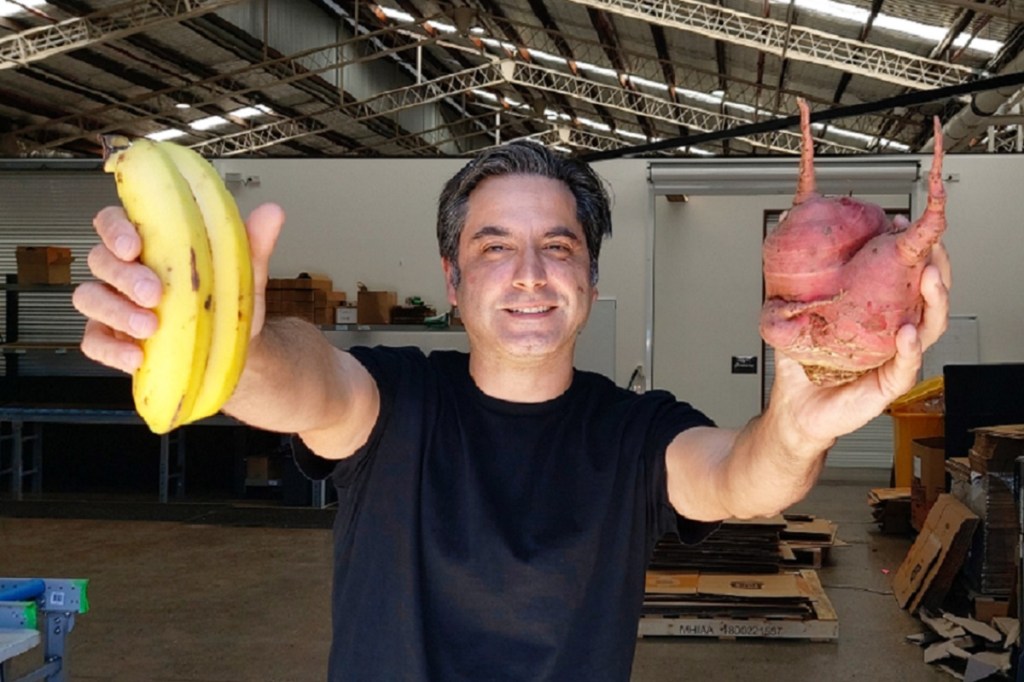Appearance is the reason why 68 per cent of supermarkets reject fruit and vegetables, according to a report by Good & Fugly.
In a new report, The Farm To Supermarket Food Waste Report 2023, Good & Fugly surveyed both large farmers ($500k+) and smaller farmers (<$500k) to highlight the pressures faced by Australian farmers and the nature of the supermarkets’ screening systems for fruits and vegetables.
Richard Tourino, Co-Founder of Good & Fugly, said that they can see through these answers that, simply put, there’s a lot of produce that is being rejected by supermarkets purely for the way it looks and is dramatically impacting farmers’ profits.
“Collectively, if we look at the loss of profits from farmers in the report due to rejected produce and average it out across Australia’s 15,000 farmers, these losses equate to a total of $27.9 million, or roughly 13.95 million kilos of fruit and vegetables, being lost annually in Australia.”
While a quarter of smaller farmers are concerned about produce being rejected by supermarkets, 32 per cent of larger farmers cite it as a bigger concern than cashflow issues and a lack of control over pricing.
Before the crop even reaches supermarkets, 51 per cent of farmers perform “self-rejection” and screen out good, but different looking, produce because they don’t think it will be accepted by commercial buyers.
“The stats around food waste in Australia, and across the globe, are staggering. Globally one billion tonnes of food produced for humans is wasted each year. This wastage produces 8 per cent of global greenhouse gas emissions and 25 per cent of all vegetables produced don’t leave the farm.
“It’s the food waste lost between farm and supermarket that we wanted to unpack with this report. We’re hoping as the years go on, we see some of the numbers shift as attitudes towards the aesthetics of fruit and vegetables change. But for now, we’ve still got a long way to go,” said Tourino.
Tourino explained that it is not just up to farmers and supermarkets to solve this issue; the more consumer demand there is and uptake in eating quirky produce or looking for new and innovative ways to utilise ‘fugly’ fruit and vegetables by local companies, the better it will be for everyone.
“We’re already seeing a surge in creative startups tackling the food waste problem in their own ways and supporting farmers along the way. We’re urging supermarket giants to reconsider how they screen their produce and to normalise the sale of quirky-looking fruits and veggies. It will be better for the environment, for farmers, and for Aussie consumers’ wallets.”
To stay up to date on the latest industry headlines, sign up to the C&I e-newsletter.

